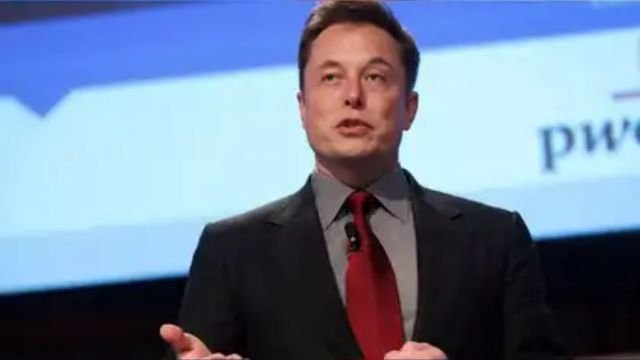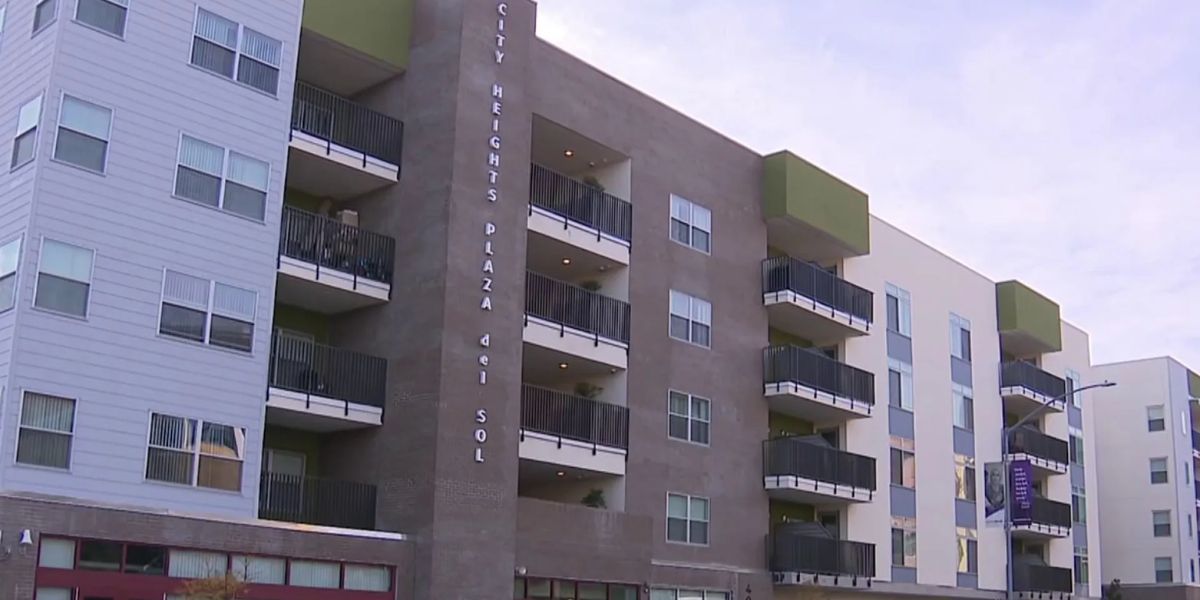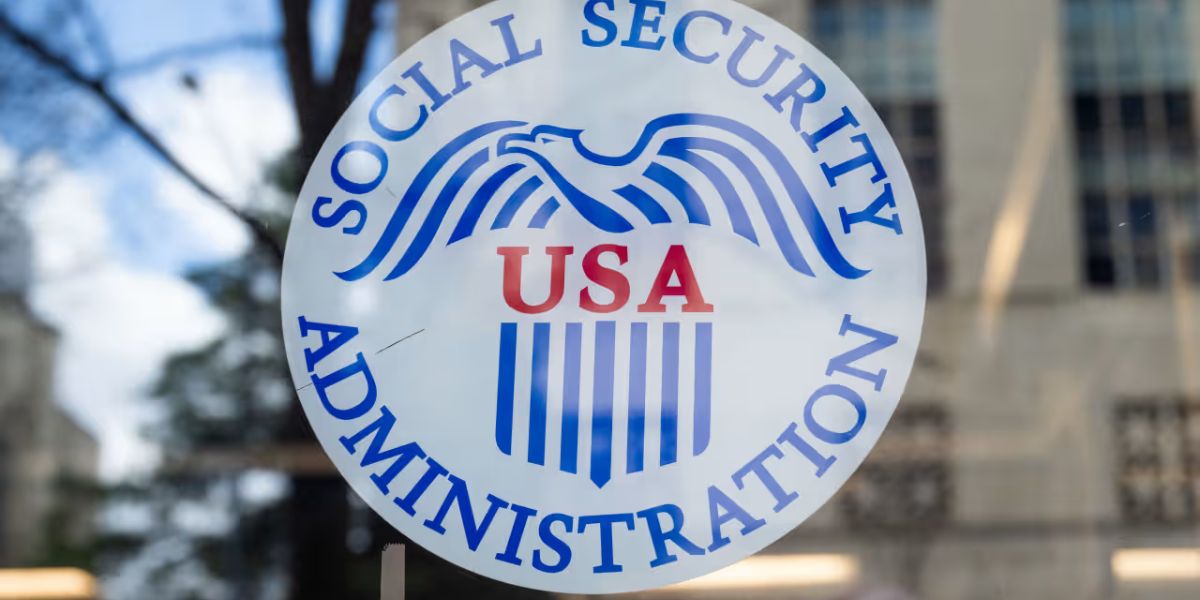In the United States, Elon Musk’s name is frequently associated with controversy and major news. This time, the entrepreneur drew notice after claiming in an interview with Fox News that his initiatives under the so-called “Department of Government Efficiency” (DOGE) will ensure that legitimate Social Security beneficiaries receive more money. His statements have sparked both enthusiasm and scepticism, particularly among retirement experts and Social Security officials.
At first appearance, the concept of “making the system more efficient” appears promising. However, the reality is far more complex. Specialists agree that potential spending savings do not always result in better benefits for retirees. Most crucially, Musk’s claims do not appear to be supported by the actual operation of the system.
Why Social Security payments are not likely to increase
Elon Musk’s commitment is based on the elimination of fraud, waste, and abuse at the Social Security Administration (SSA). However, Chris Orestis, a retirement specialist and president of Retirement Genius, believes that premise is incorrect. “There is no solid evidence that large sums are being paid to people who do not deserve them,” he said, echoing reports from media outlets such as The New York Times and Associated Press.
Even if ‘additional’ monies were discovered, this would not automatically result in an increase in benefits. As Orestis noted, the only way to increase Social Security payouts is through the cost-of-living adjustment (COLA), which is computed annually based on inflation levels. In other words, regardless of how much money is “saved,” checks cannot be increased unless the law authorises it.
Martha Shedden, head of the National Association of Social Security Registered Analysts, was even more outspoken. According to her, Musk does not comprehend how Social Security benefits are computed. These are not determined by the amount of the trust fund or the number of SSA employees, but rather by the income earned by each individual over the course of their working life. To amend that formula, Congress would need to adopt legislation, which is currently not being considered.
What would actually need to happen to increase benefits?
Increasing Social Security payouts necessitates more than good intentions and internal cuts. According to the Social Security and Medicare Trustees’ 2024 report, assuming no major changes are made, full payments will be assured until 2035. Following that, checks could be lowered by 17% due to a mismatch between program earnings and expenses.
This difficulty is exacerbated by the fact that the population receiving benefits continues to expand while earnings, primarily from payroll taxes, do not increase at the same rate. As a result, Orestis and Shedden concur that the only long-term solution to increasing payouts is to raise system funding. Some recommendations include lowering the maximum taxed income threshold (now $176,100) or raising the retirement age for younger generations.
It has also been suggested that high-net-worth individuals, such as Musk himself, be excluded from the system. “Does Elon Musk really need to collect Social Security in the future?” Orestis enquired, querying the logic behind retaining the arrangement as is.



